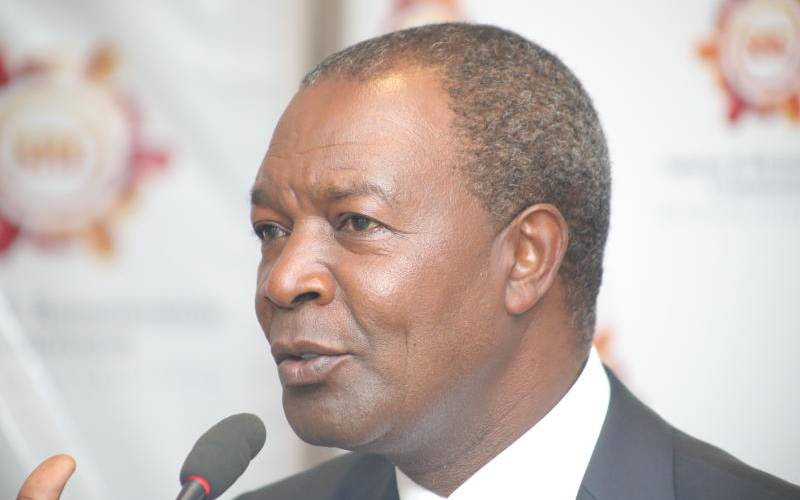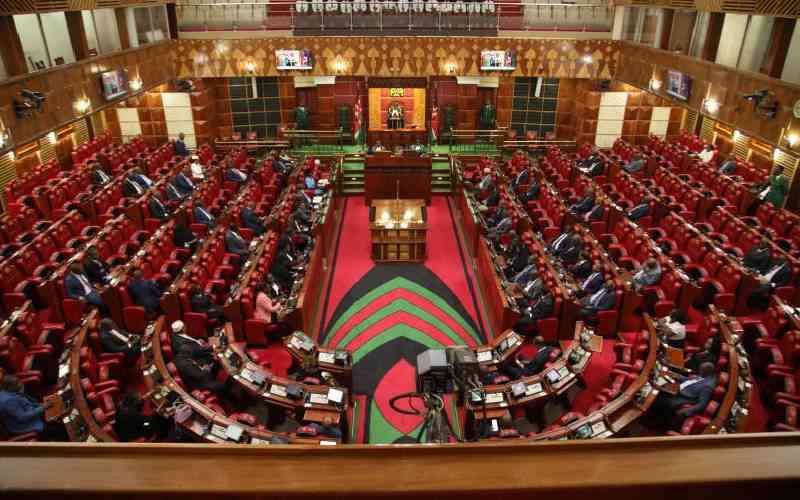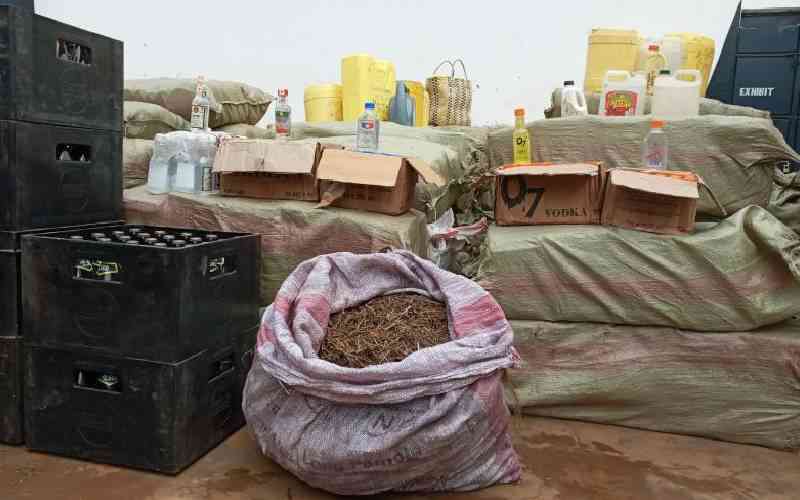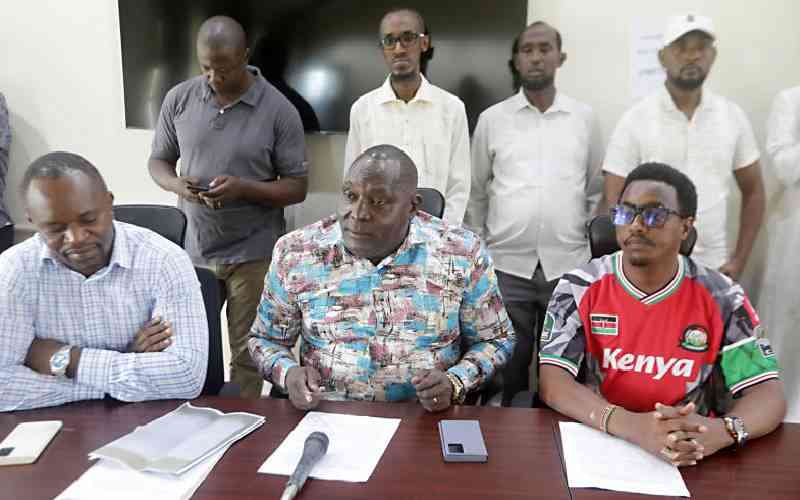
The World Bank has announced its intention to pursue a loan and investment agreement worth Sh1.8 trillion for Kenya over the next three years.
The Kenya Kwanza government will find economic relief in the package, which consists of conditional loans and guarantees worth hundreds of billions of shillings.
The package will help to alleviate the government's struggle with mounting debts and a depreciating shilling.
However, it also promises a fresh round of economic pain for Kenyans, said analysts.
This is because the World Bank is anticipated to require the implementation of more fiscal and economic reforms, which may involve imposing additional taxes and restructuring of State-owned agencies.
The lending will only be done, for instance, if Kenya commits to instituting reforms aimed at creating fiscal space and improving governance. Kenya recently bagged another Sh103 billion deal from the International Monetary Fund (IMF) to finance the budget and help the new administration stabilise its finances.
Budget deficit
The Kenya Kwanza administration reckons reliance on institutions like the IMF and the World Bank in the medium term to bridge the budget deficit would help reduce debt and other vulnerabilities.
The bailouts however signal the arrival of yet another round of the global lenders' tough austerity measures. The infamous Structural Adjustment Programmes (SAPs) have faced frequent criticism for hurting the poor. These economic policies, promoted by the World Bank and IMF since the early 1980s, involve providing loans with conditions such as reform of public enterprises and scrapping of subsidies.
One of their objectives is to facilitate the structural adjustment of an economy by eliminating excessive government controls and fostering market competition.
The World Bank, in contrast, stated yesterday that it has been a steadfast ally to Kenya and the primary source of development funding. "Kenya is now accessing about $2 billion (Sh300 billion in concessional financing each year," it said, adding that the bank's commitments to Kenya through its two main lending arms, the International Bank for Reconstruction and Development (IBRD) and the International Development Association (IDA) together now stand at $8.3 billion, with $4.4 billion available to disburse.
The World Bank's private investment arm International Finance Corporation (IFC) and the Multilateral Investment Guarantee Agency investment portfolio in Kenya stands at $1.2 billion (Sh184 billion) and $424 million (Sh65 billion) respectively.
"MIGA is actively engaged with $424 million in guarantees covering the energy, transport, financial, fintech, and tourism sectors," it said.
The World Bank said it is fully committed to supporting Kenya in its journey to become an upper-middle-income country by 2030.
"Over the three fiscal years (FY24-FY26), IDA and IBRD expect to provide an estimated $4.5 billion including fast-disbursing operations. Out of this amount, $3 billion (Sh460 billion) is estimated from IDA and $1.5 billion (Sh231 billion) from IBRD. "IFC will provide roughly $1 billion (Sh154 billion) in investments and MIGA guarantees can amount to around $500 million (Sh76 billion)," it said.
"So, subject to the World Bank Executive Directors approval of new operations, and to factors which may affect the Bank's lending capacity, this implies a total financial package of $12 billion over the three years."
IMF has asked the Ruto government to administer another round of its famous bitter medicine of austerity measures, meaning Kenyans should brace themselves for a more difficult economic period ahead. IMF has also urged Kenya to cut down on public spending, stop fuel and food subsidies and impose higher taxes.
The funds will be a relief for the government in its efforts to cut its fiscal deficit amid increasing pressure to repay foreign rising debt.
The shilling's rapid depreciation against the dollar is swelling Kenya's debt by billions daily, and the IMF cash will boost the country's forex reserves and ease the pressure.
To secure its recent conditional funding, the IMF has asked Kenya to implement additional tax hikes and reduce public expenditure.
This is aimed at alleviating the mounting debt repayments, said IMF, but the move is expected to place an additional burden on the already financially strained Kenyans, analysts said.
The IMF and the World Bank have suggested that Kenya must prioritise reducing government expenditures and increasing tax revenues to prevent a potential economic crisis caused by excessive debt.
The recommended restructuring by the IMF is expected to result in job losses at state corporations such as Kenya Airways and Kenya Power, as per their reform demands.
"Expenditure rationalisation will need to continue, with a focus on enhanced efficiency of public investments, better targeting of subsidies and transfers, addressing weakness in state corporations, and digital delivery of public services," said the IMF.
 The Standard Group Plc is a multi-media organization with investments in media platforms spanning newspaper print
operations, television, radio broadcasting, digital and online services. The Standard Group is recognized as a
leading multi-media house in Kenya with a key influence in matters of national and international interest.
The Standard Group Plc is a multi-media organization with investments in media platforms spanning newspaper print
operations, television, radio broadcasting, digital and online services. The Standard Group is recognized as a
leading multi-media house in Kenya with a key influence in matters of national and international interest.











